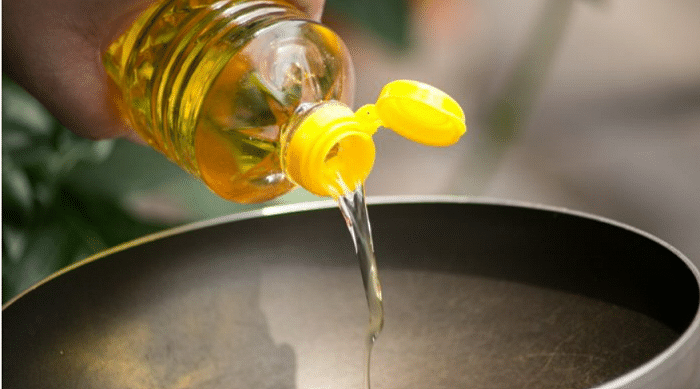
By Vrishti Beniwal, Pratik Parija and Anup Roy
India’s policy makers and consumers will be cheering a steep slump in commodities, especially palm oil, which could bring about a few months of “surprisingly low” food inflation.
Cooking oils, used to make practically every staple dish in India, have tumbled to their lowest levels in months on rising supplies and as investors cut bullish bets. That’s easing concern about runaway inflation and expectations of more aggressive interest rate hikes.
India is the world’s biggest buyer of edible oils and relies on imports for about 60 per cent of its needs. Palm oil, which rallied after Russia’s invasion of Ukraine and as Indonesia temporarily banned exports, has plunged 40 per cent from a record close in April.
“Lower edible oil prices should start reflecting to some extent in the June reading, with the full impact coming in later,” said Teresa John, an economist at Nirmal Bang Equities Pvt. in Mumbai.
Inflation has stayed above the Reserve Bank of India’s 6 per cent upper tolerance level since the beginning of the year and forced it to raise rates by 90 basis points in the last two months.
Other inflation-busting measures by Prime Minister Narendra Modi’s government include export curbs on wheat and sugar to safeguard domestic supplies. Officials have also cut taxes on some edible oils and petroleum products, helping to lower food prices that account for about half of India’s consumer price basket.
Sentiment in the commodities market has soured due to fears of recession in major economies. Crude oil has dropped about 20 per cent since a peak in March, soybean oil has lost a third of its value since late April, while wheat and corn have also declined.
With international prices sliding, domestic costs are also starting to fall. The average retail prices of edible oils in India have dropped as much as 8 per cent in the past month, according to government data. “The domestic industry is willing to reduce prices further as global markets have sharply fallen,” said B.V. Mehta, executive director of the Solvent Extractors’ Association of India. Pump diesel prices also retreated more than 7 per cent.
The sharp declines in palm oil, wheat, sugar and rice are good news for inflation, ING Group said in a note. “In the short-term, we may be due a few months of surprisingly low food price inflation, which will help reduce price pressures elsewhere,” the bank said.
The fall in prices, however, may not be enough to convince the RBI to scale back its fight against inflation as risks remain.
“We don’t expect them to undertake any action that might dilute the inflation fight,” said Radhika Rao, an economist with DBS Bank in Singapore. A weaker rupee also needs to be considered as it could undercut the benefit from lower commodity prices, she added.
For now, there are signs that the outlook is improving. Shashanka Bhide, a member of the central bank’s rate setting panel, said a decline in international agricultural prices and input costs will soften domestic prices as well.